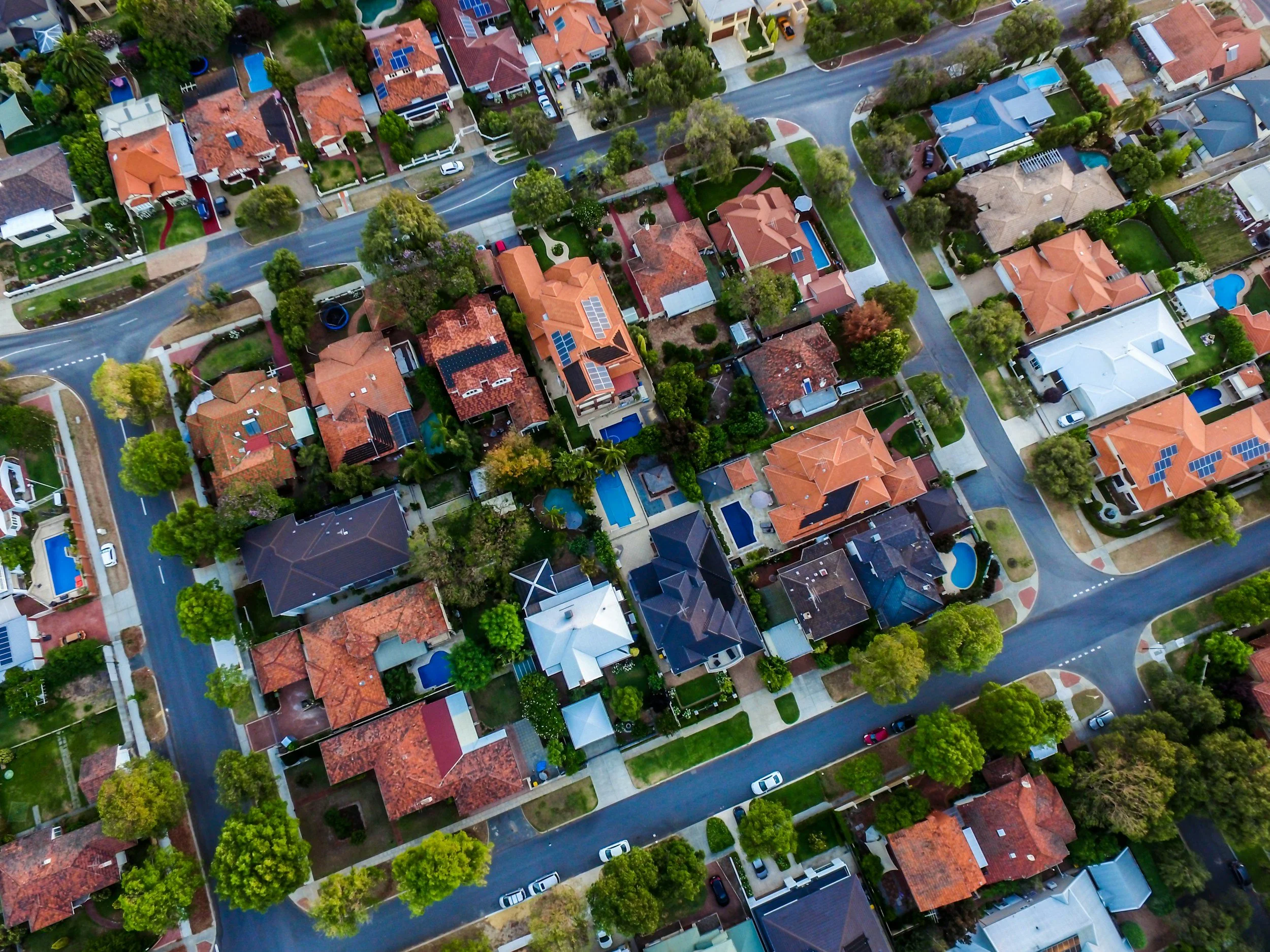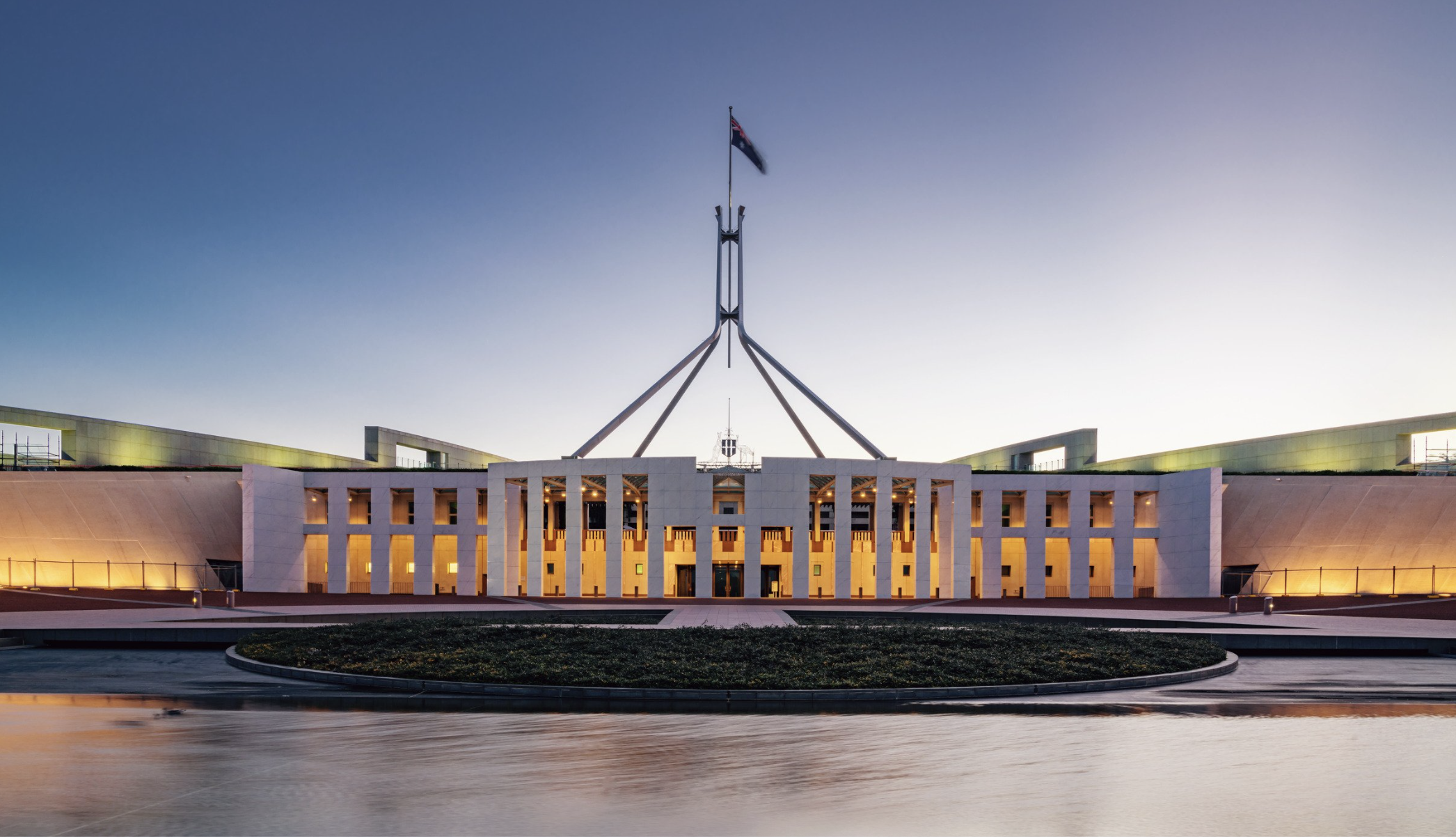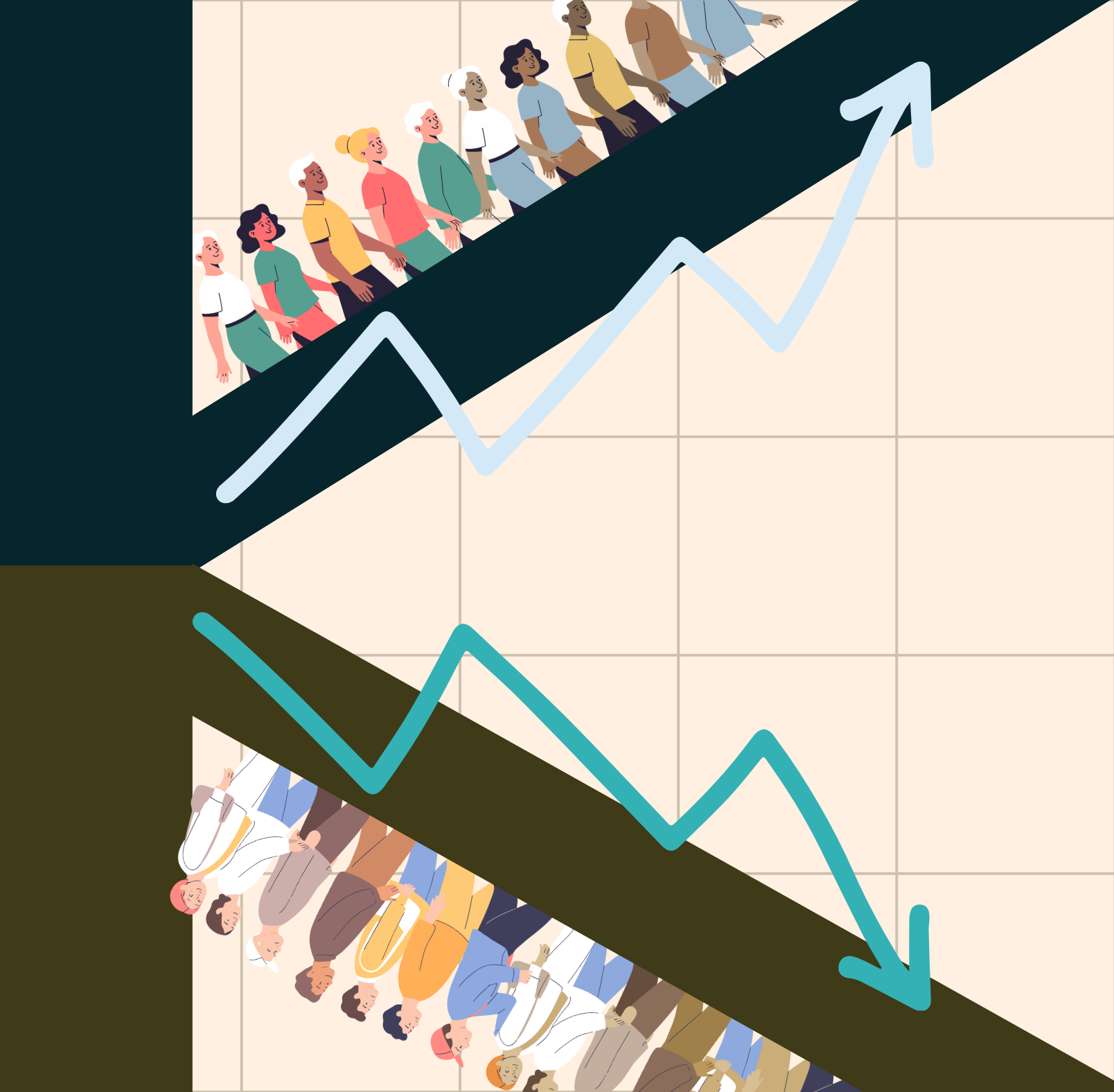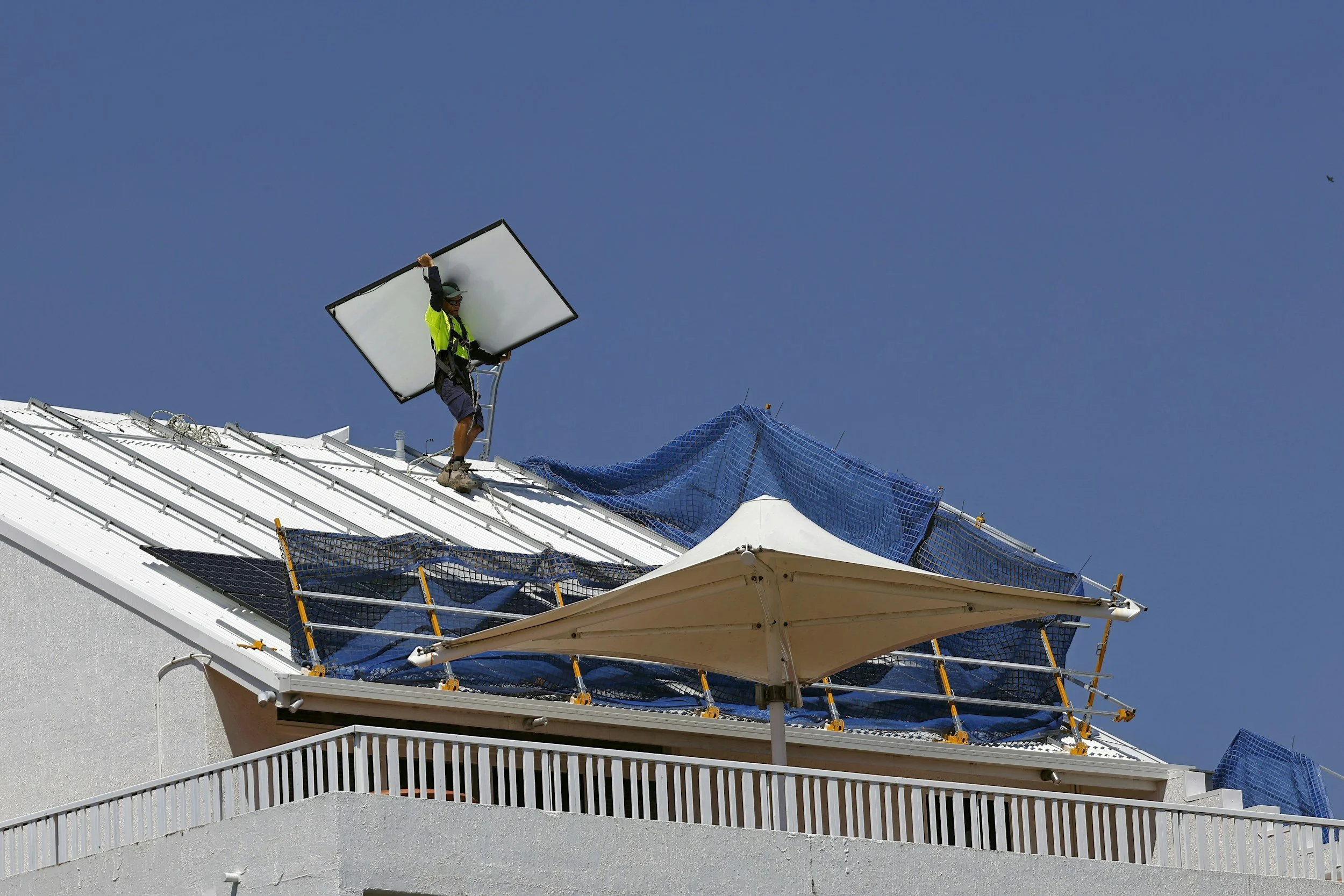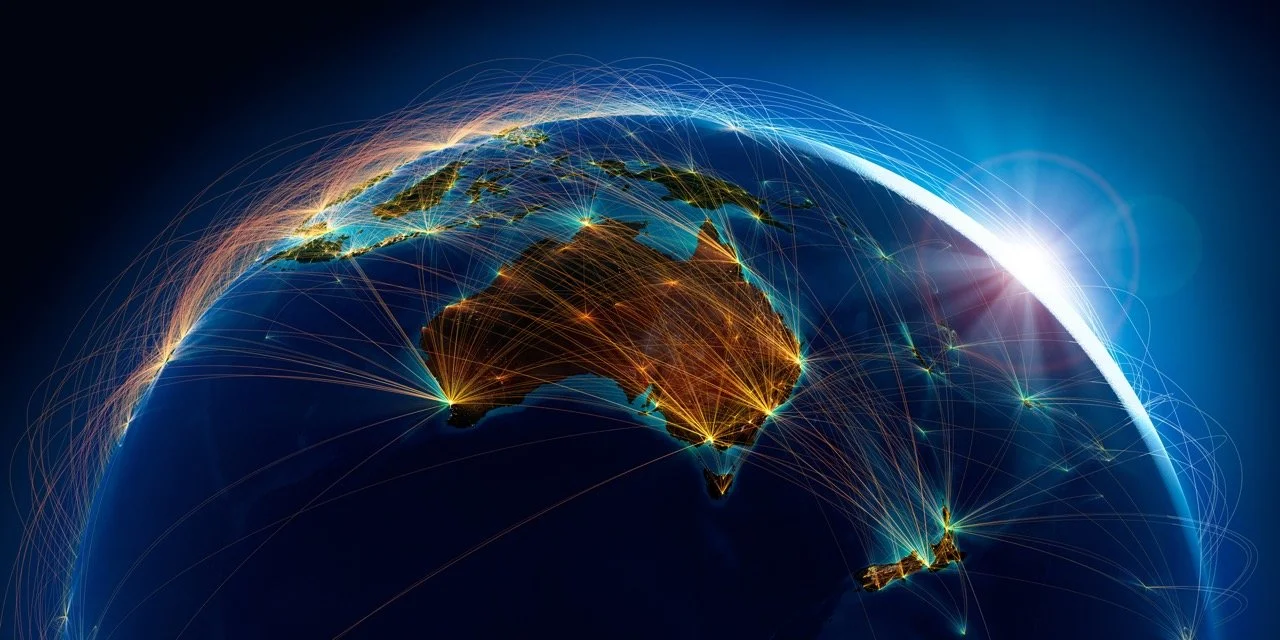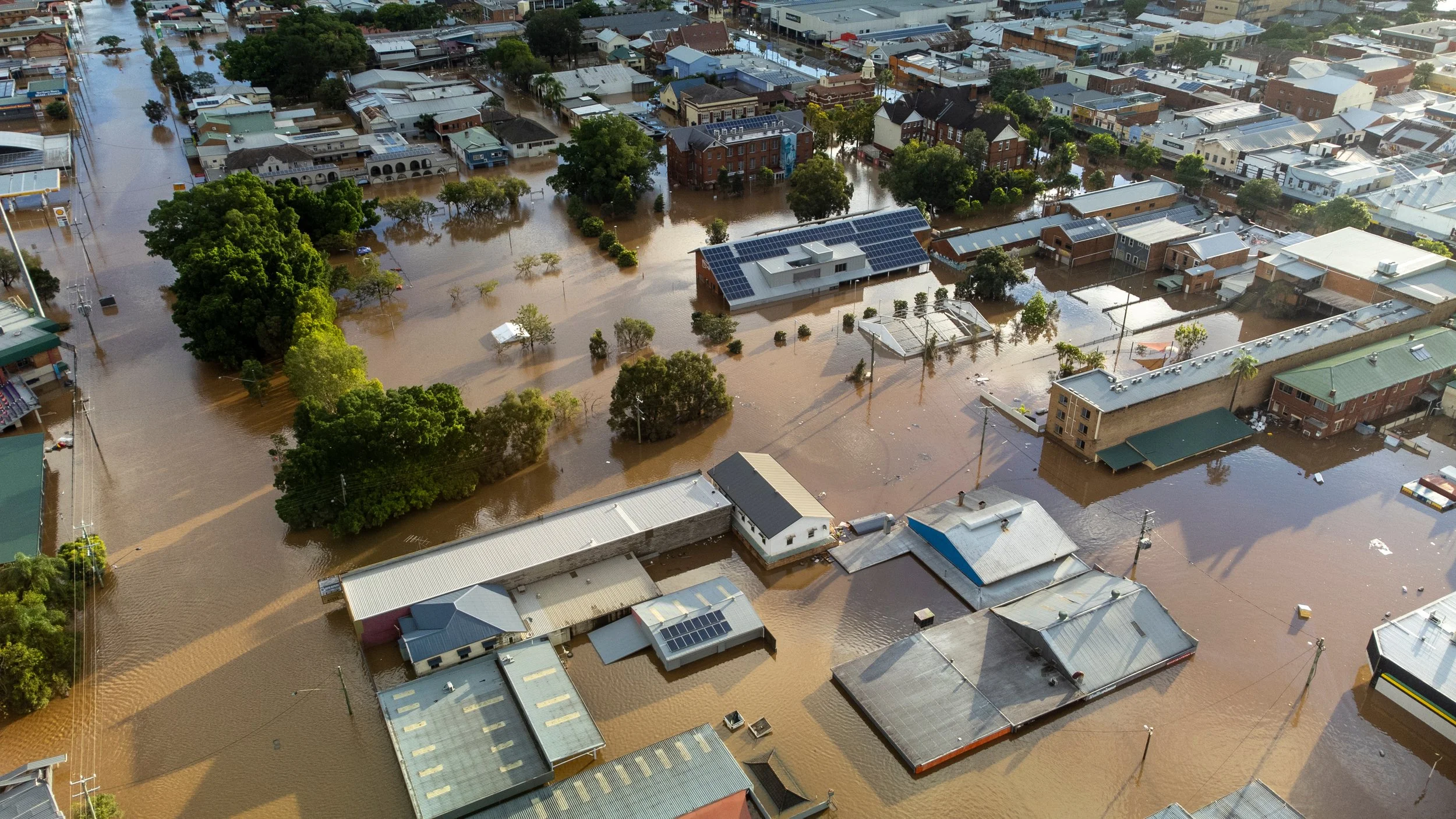
PODIUM

A deeper dive into issues that young Australians should be across. Your voices, opinions, thoughts, and analysis. Big issues, as told by you.
TAXING SMARTER: WHY A LAND VALUE TAX BEATS INCOME TAXES AND GST
Frank Xiao is a Bachelor of Commerce student at the University of Melbourne, with a long-standing interest in politics and economics that began during his secondary schooling in New Zealand. In this piece, Frank draws on economic theory and real-world evidence to argue that replacing income taxes and the GST with a land value tax could improve housing affordability and boost economic growth, all the while being fairer than the present tax system.
FROM THE ASHES: THE LIBERAL PARTY OF AUSTRALIA WILL STRUGGLE TO EVER FORM GOVERNMENT AGAIN. HERE’S WHAT COMES NEXT.
Is the Liberal Party facing an existential crisis — and does Australia now lack a credible opposition? In this essay, McCarthy Hanlin and Eliza Chaney argue the political right might be caught in a dangerous death spiral, increasingly toxic to voters and especially young Australians, with profound consequences for democratic accountability. If the Liberals cannot reform or be reborn, the case is made that Australia urgently needs a new, serious centre-right alternative to hold government to account and contest the future of the country.
DESPITE WHAT THE ‘DATA’ SAYS, THE ECONOMY ISN’T PERFORMING WELL. TOO MANY PEOPLE ARE BEING LEFT BEHIND.
Despite what the “data” says, Australia’s economy isn’t working for everyone. In this piece, Thomas Walker and the Think Forward contributors argue that headline indicators like GDP growth, low unemployment and easing inflation disguise a growing K-shaped economy, where asset-owning, older Australians surge ahead while younger and lower-wealth households fall behind. They unpack how rising inequality, housing and student debt, and blunt policy tools like interest rate hikes are eroding economic mobility and make the case for reforms that tax wealth more fairly and invest in younger generations to build a stronger, more inclusive economy.
SKILLS SHORTAGES ARE UNDERMINING AUSTRALIA’S ENERGY TRANSITION
Australia’s clean energy transition is accelerating, but a critical bottleneck threatens to derail progress: a severe and growing shortage of skilled workers across the trades needed to build, connect and maintain renewable energy infrastructure. In this piece, Ray Newland, Founder of the Youth Climate Policy Centre and an Economics student at Macquarie University, draws on his experience working in policy for the Electrical Trades Union to explore why workforce reform, rather than funding alone, must sit at the centre of Australia’s decarbonisation strategy.
BEYOND THE BORDER: SCOPE 3 EMISSIONS AND THE FUTURE OF AUSTRALIA’S CLIMATE STRATEGY
Australia’s climate governance is built on a territorial map. Emissions are counted where they occur. Polluters are regulated where they operate. Responsibility ends at the national border. But the next phase of decarbonisation won’t be won by regulating what happens on-site alone. Scope 3 emissions reveal where Australia’s real footprint, and leverage, sits across global value chains. With carbon now embedded in markets, reporting standards, and trade rules, a Scope 3 strategy is no longer optional.
CIVIC LITERACY IN AUSTRALIA: RETHINKING CURRICULUM AND RECLAIMING ENGAGEMENT
Hugo Silbert, Director of Youth Engagement at Future Forward Australia and a Politics, Philosophy, and Economics student at The University of Western Australia, draws on his experience across local and federal politics to examine a pressing challenge: civic disengagement. This article explores the roots of Australia’s civic illiteracy, questioning whether it stems from student apathy; shortcomings in curriculum; or deeper fractures in our social fabric.
CLIMATE INACTION IS KILLING AUSTRALIA; HOW DO WE TALK ABOUT IT?
India Aniere is a Masters of Environment student at the University of Melbourne, and when she isn’t studying, she is a Community Outreach Officer at Climate 200. In this piece, India reflects on how government inaction on climate policy fuels young people’s despair and argues that reframing climate activism around economic impacts may be key to mobilising collective action.
INDIFFERENCE THROUGH INDIVIDUALISM: HOW NEOLIBERALISM PREVENTS THE COLLECTIVE ACTION NECESSARY TO COMBAT CLIMATE CHANGE (AND WHAT WE CAN DO TO FIX IT)
India Aniere is a Masters of Environment student at the University of Melbourne, and when she isn’t studying, is a Community Outreach Officer at Climate 200. This piece explores how neoliberalism has isolated our communities, and how we can combat this curated loneliness to tackle global issues such as climate change, as a collective force.
GREENING THE FUEL TAX CREDIT SCHEME FOR A FUTURE-READY AUSTRALIA
Successfully decarbonising Australia’s mining industry is central to our transition to green energy whilst ensuring sustainable national economic growth and prosperity. Mining is a major economic driver contributing 14% of Gross Domestic Product (GDP), however it is also one of the nation’s largest carbon emitters, generating around 80% of Australia’s total scope 1 carbon emissions, primarily due to its reliance on diesel-powered equipment. Eliza Chaney explores the different policy options for necessary reform to the Fuel Tax Credit Scheme - a major disincentive for decarbonisation of mining.
FROM CLEANUP TO CREATION: THE CLIMATE RESILIENCE DIVIDEND
Australia’s disaster response model is stuck on repeat: wait, react, rebuild. As climate shocks escalate and vulnerable communities bear the brunt, it’s clear we need more than sandbags and sympathy. Zach Greening calls for a policy shift toward transformative resilience, a proactive approach to climate risk that redesigns systems, reduces losses, and secures the future of hazard-prone regions. From improved land management to risk-smart infrastructure, transformative resilience shows how forward investment can cut costs, spark innovation, and restore hope and agency. The resilience dividend is real, so what’s stopping us from seizing it?
Image credit: Cloudcatcher Media
INDIGENOUS MOTHERS DESERVE BETTER: FIXING AUSTRALIA’S MATERNAL HEALTH DIVIDE
Australia ranks among the safest places in the world to give birth. Yet for Aboriginal and Torres Strait Islander women, systemic racism, cultural disconnection, and unequal healthcare access put mothers and babies at risk. In this piece, Shanza Shafeek, fourth-year Law and Arts (Sociology) student at Monash University, explores why the maternal health divide persists and calls for Indigenous-led reforms to close the gap.
THE FLAWED LOGIC BEHIND AUSTRALIA’S HIGHER EDUCATION POLICY
The Jobs Ready Graduate Scheme (JRGS) was designed to steer students toward areas of national priority, but in practice, it has inflated student debt, deepened funding inequalities, and done little to shift enrolment patterns into areas of national priority. As HECS-HELP balances grow and equity gaps widen, the need for meaningful reform is clear. In this piece, Angelene Kalafatis calls for a higher education model that reflects how students actually make decisions, and reaffirms education as a public good and not exclusively as private investment.
IMMIGRATION IN AUSTRALIA: FIGHTING MYTHS IN A POLITICISED DEBATE
From the cost-of-living crisis, to skyrocketing house prices, fears over rising crime and fraying social cohesion, it seems every major anxiety gripping voters today is being blamed — often unfairly — on migration. It has become the perfect political scapegoat. Bevan Chu, an Associate at Alvarez and Marsal and one of the Podium contributors at Future Forward Australia, looks at what the facts actually say about immigration.
Image credit: Visit Victoria
SOUTHWARD THINKING: ANTARCTICA’S ROLE IN AUSTRALIA’S CLIMATE FUTURE
Separated by some 3000 km of Southern Ocean, the white sandy beaches and scorching summers of Australia might seem a world away from the white snowy ice shelves and polar extremes of Antarctica. To many, this might beg the question: why should Australians care about Antarctic research? For Australians, caring about Antarctica should not be a distant concern, but a deeply connected investment in a shared future. Phoebe Jackson, PhD candidate at Scott Polar Research Institute, University of Cambridge, writes on the importance of Antarctica for Australia.
STILL MORE TO BE DONE: LONGER-TERM PRIORITIES FOR FIXING AUSTRALIA’S HOUSING CRISIS
While housing is at the centre of the upcoming election, both major parties have simply proposed piecemeal solutions to a problem that has developed over decades. Manning Clifford provides a long-term view of potential supply-side focused reforms.
(Image: ABC News: John Gunn)
PLACEMENT POVERTY: HEALTH SCIENCE TERTIARY EDUCATION IN AUSTRALIA
Right now, there are over 200,000 students across Australia studying health sciences, comprising of medicine, nursing and allied health professions, among others. They play a critical role in our health system, caring for our sick and elderly, and entry into these fields of study are competitive. Upon entry into these programmes however, students are faced with a grim reality: the expectation to participate in a number of unpaid, full-time placements to further their training. Tianna Peck and Mac Hanlin explore this issue further.
TO NUKE OR NOT TO NUKE: THE POLITICISATION OF ENERGY POLICY IN AUSTRALIA.
It’s a topic that has dominated Australian politics for nearly two decades now, and one that will continue to divide Australians and be used as an ideological boondoggle on both sides of politics: energy. Mac Hanlin dives into the arguments around nuclear, and whether the math stacks up.

